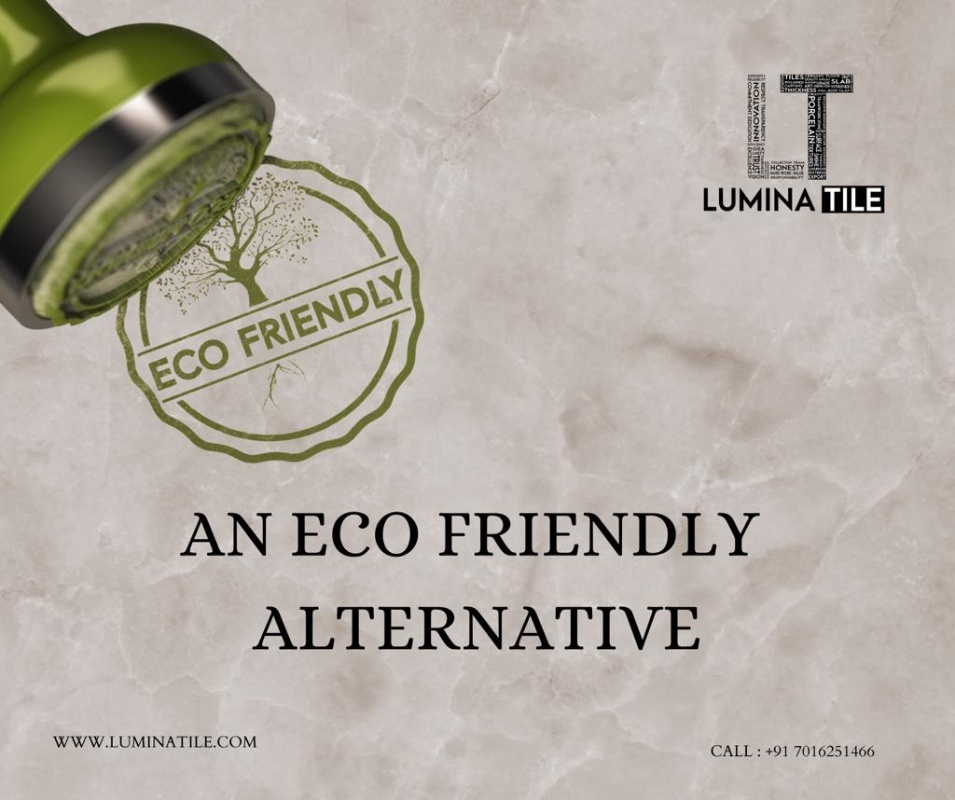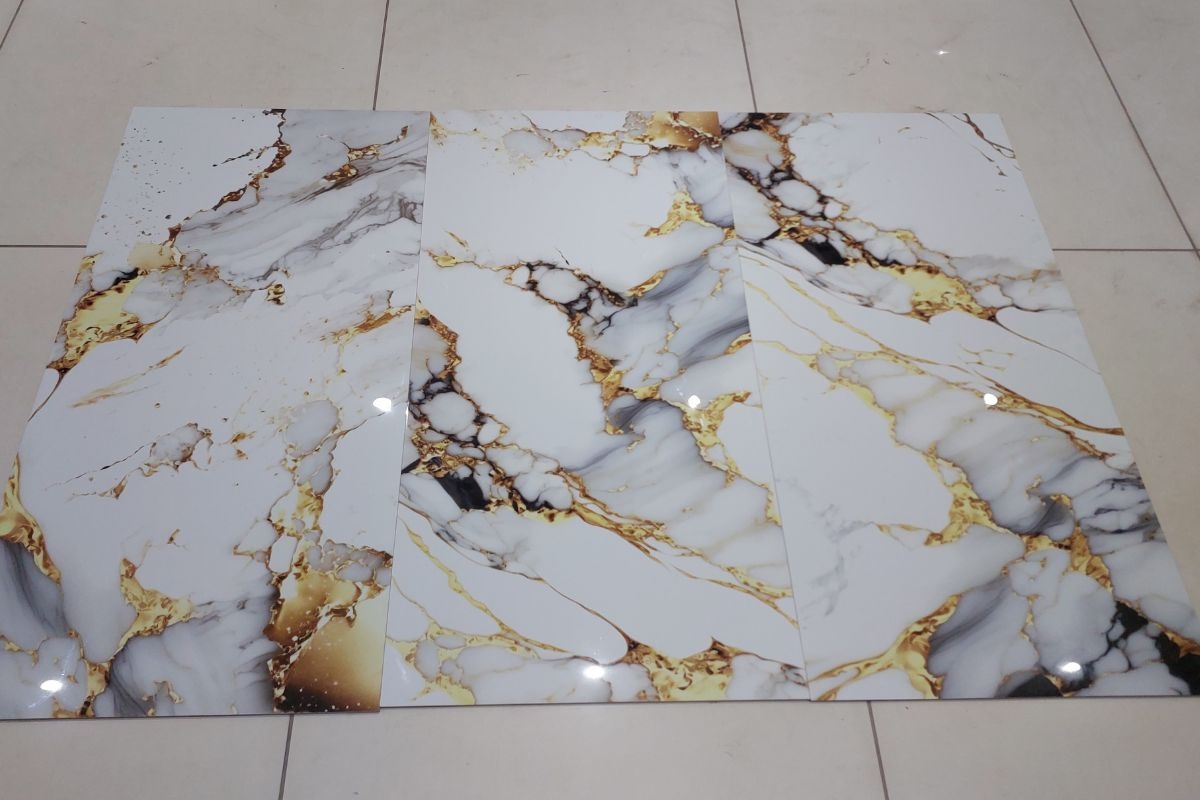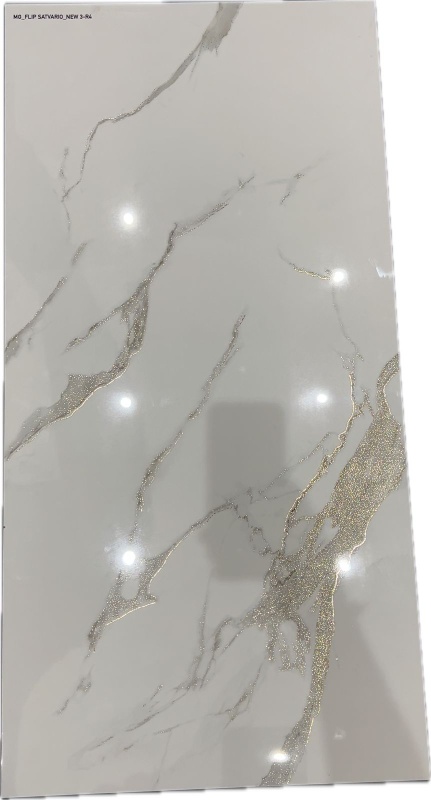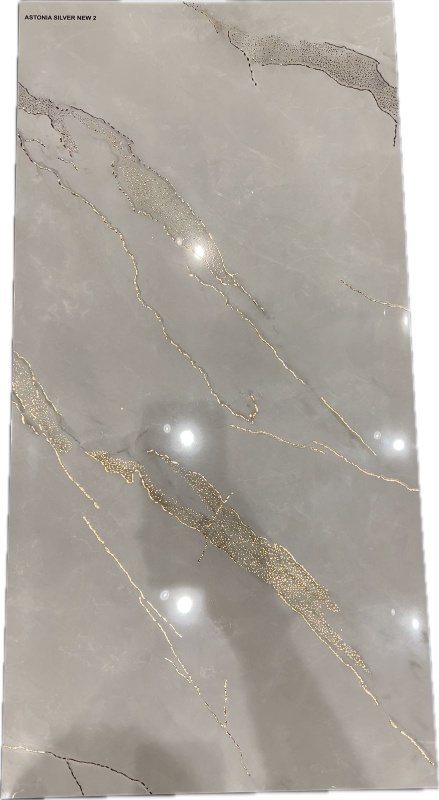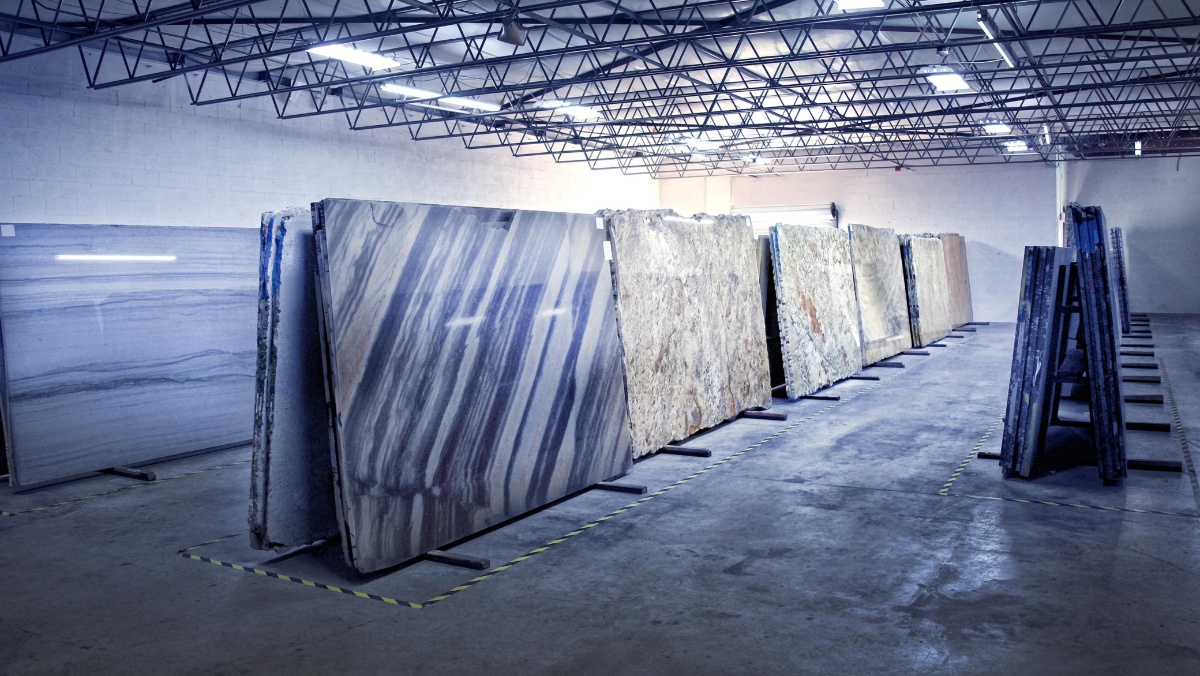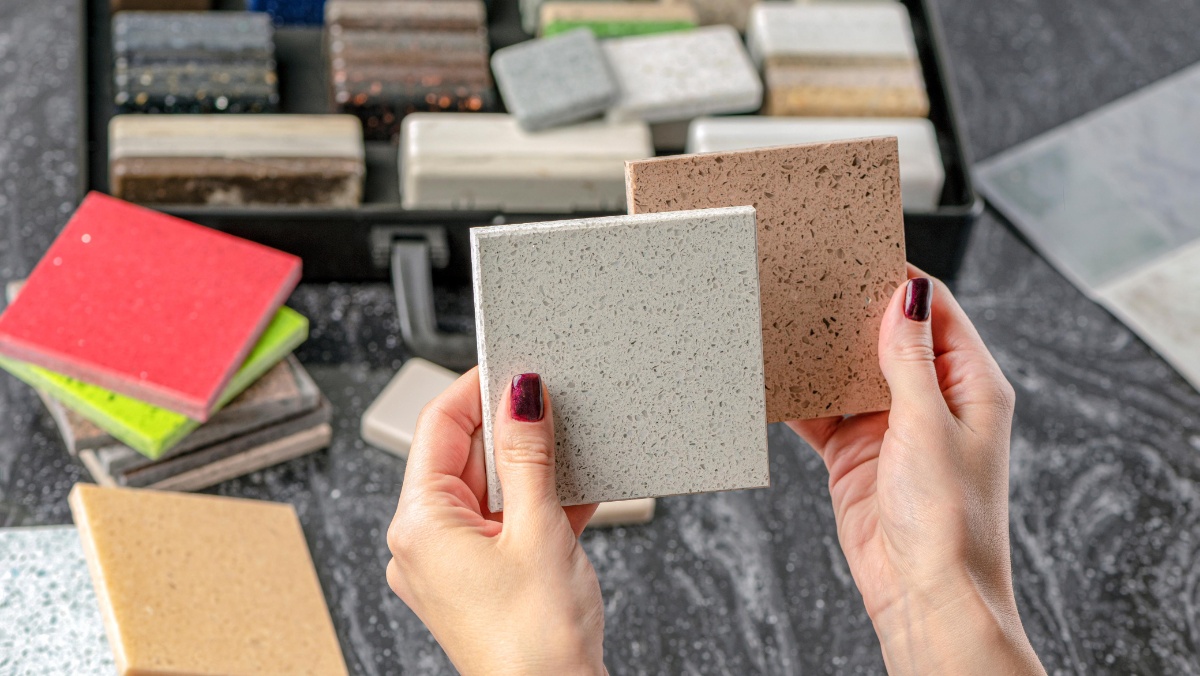
“The Eco-Friendly Aspects of Porcelain Tile Production”
The Eco-Friendly Aspects of Porcelain Tile Production
In an era where sustainability is a top priority, it’s essential to consider the environmental impact of the products we use in our homes and buildings. Porcelain tiles have gained popularity not only for their beauty and durability but also for their eco-friendly attributes. In this blog post, we’ll explore the environmental benefits of porcelain tile production.
1. Raw Material Efficiency
Porcelain tiles are made from a unique blend of fine clay, feldspar, and other natural materials. Unlike some other building materials, porcelain production is resource-efficient. Manufacturers maximize the use of raw materials, minimizing waste during the production process.
2. Energy Efficiency
The firing process in porcelain tile production requires high temperatures. However, many manufacturers have adopted energy-efficient kilns and technologies that reduce energy consumption. Some even use alternative energy sources, like solar or biomass, to power their facilities.
3. Reduced Water Usage
Water is essential in the production of porcelain tiles, both for mixing and shaping the clay. Environmentally conscious manufacturers implement water recycling systems, reducing water consumption and minimizing environmental impact.
4. Recycling and Waste Reduction
Porcelain tile production generates some waste during the shaping and firing stages. However, many manufacturers have implemented recycling programs. They repurpose waste materials, such as broken or imperfect tiles, reducing landfill waste.
5. Longevity and Durability
One of the most eco-friendly aspects of porcelain tiles is their longevity. These tiles are exceptionally durable and can last for decades, even in high-traffic areas. Their durability reduces the need for replacement, which is a sustainable choice for reducing overall resource consumption.
6. Low VOC Emissions
Volatile organic compounds (VOCs) released from building materials can harm indoor air quality. Porcelain tiles have low or zero VOC emissions, contributing to healthier indoor environments.
7. Low Maintenance Requirements
Porcelain tiles are easy to clean and maintain, and they don’t require chemical-laden cleaning products. This further reduces the environmental impact of their use in homes and commercial spaces.
8. Natural Aesthetics
Porcelain tiles can mimic the appearance of natural materials like wood, stone, and marble. By choosing porcelain tiles that resemble natural resources, you can help preserve these resources for future generations.
In conclusion, the eco-friendly aspects of porcelain tile production make them a sustainable choice for your projects. From efficient use of raw materials to reduced energy consumption, low waste generation, and long-term durability, porcelain tiles embody environmental responsibility. Choosing porcelain tiles is not just a stylish decision but also a conscientious one, contributing to a greener and more sustainable future.


